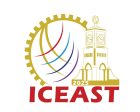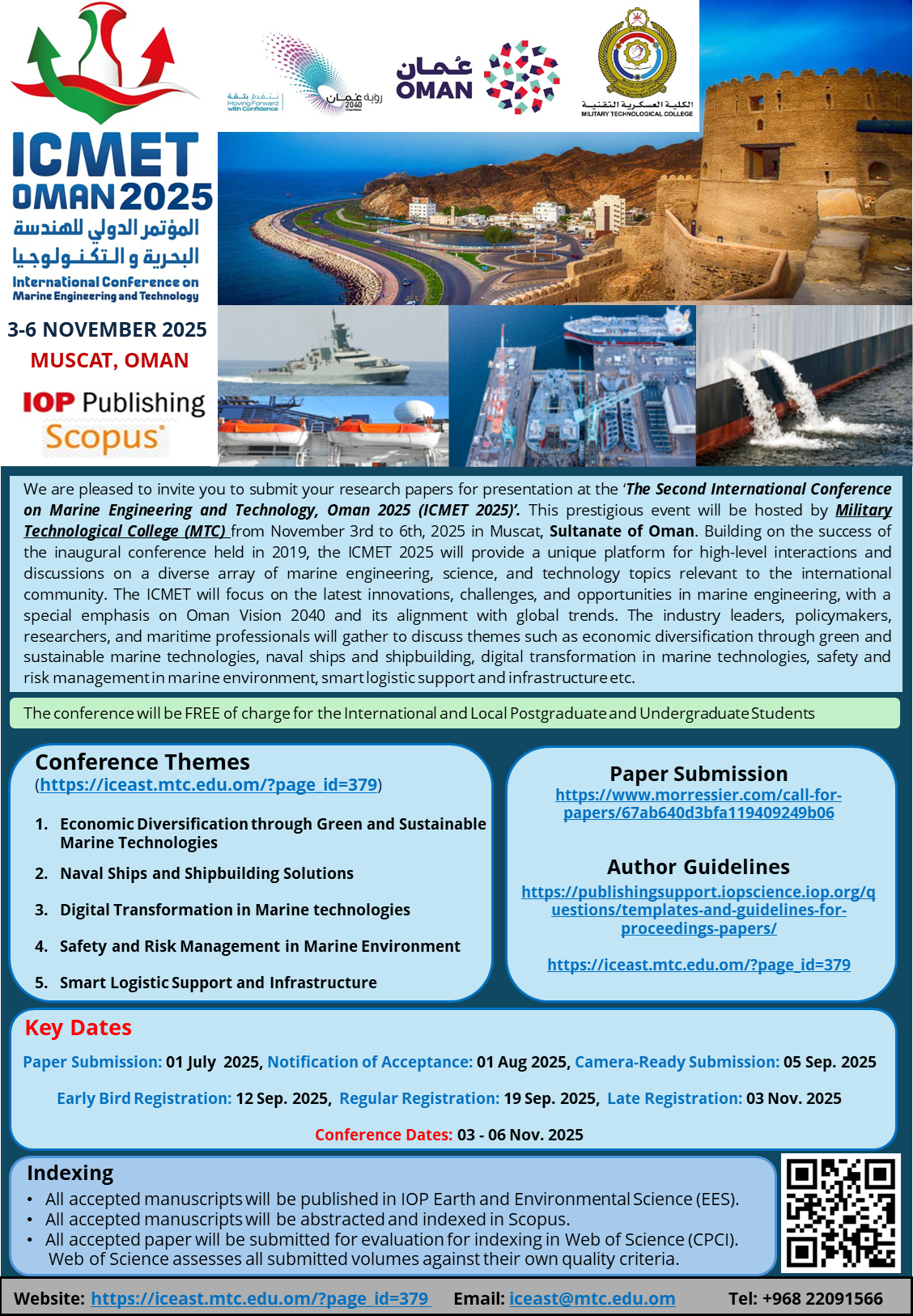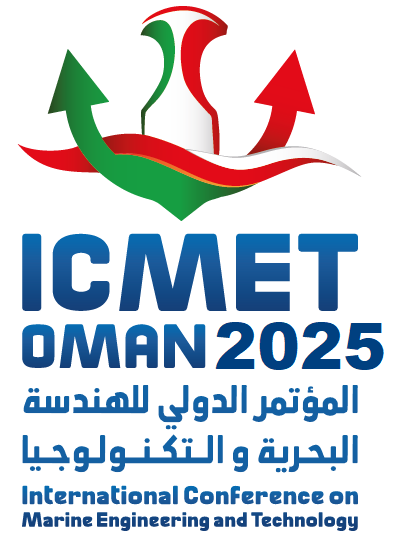
2nd International Conference on Marine Engineering & Technology (ICMET 2025)
Aim:
The second International Conference on Marine Engineering & Technology, Oman 2025 (ICMET Oman 2025) is organized by the Marine Engineering Department of the Military Technological College (MTC), Oman under the umbrella of ‘International Congress on Engineering Advancements, Science and Technology, 2025 (ICEAST 2025)’. Building on the success of the inaugural conference held in 2019, ICMET 2025 will provide a unique platform for high-level interactions and discussions on a diverse array of marine engineering, science, and technology topics relevant to the international community. The ICMET will focus on the latest innovations, challenges, and opportunities in marine engineering, with a special emphasis on Oman Vision 2040 and its alignment with global trends. The industry leaders, policymakers, researchers, and maritime professionals will gather to discuss themes such as economic diversification through green and sustainable marine technologies, naval ships and shipbuilding, digital transformation in marine technologies, education, training, and workforce development, safety and risk management in marine environment, smart logistic support and infrastructure. The event will highlight Oman’s strategic role in shaping the future of the maritime industry while addressing global challenges like climate change, ocean and marine life conservation and maritime traffic safety. Taking place at the innovative and forward-thinking Military Technological College (MTC) in Muscat, Sultanate of Oman, this is an excellent opportunity to attend a high level technical international conference located in the strikingly beautiful Gulf of Oman with its rich maritime history dating back more than a millennium.
Key Themes: The themes of ICMET 2025 are designed to guide discussions and sessions, ensuring a comprehensive and forward-looking approach to advancing Oman’s marine sector while aligning with the objectives of Oman Vision 2040 and global maritime trends. These themes focus on driving innovation, sustainability, and economic growth within the maritime industry. The key themes include:
· Economic Diversification through Green and Sustainable Marine Technologies
· Naval Ships and Shipbuilding Solutions
· Digital Transformation in Marine technologies
· Safety and Risk Management in Marine Environment
· Smart Logistic Support and Infrastructure
By addressing these themes, ICMET Oman 2025 aims to advance the Sultanate’s maritime industry in a way that is sustainable, innovative, and aligned with Oman Vision 2040’s economic and environmental priorities.
Conference Tracks and sub-tracks
1. Economic Diversification through Green and Sustainable Marine Technologies
- Fuel cell technologies for marine applications
- Marine gas turbines: trends and innovations
- Waste heat recovery in propulsion systems
- Biofuel development for naval and commercial vessels
- Wind-assisted propulsion technologies
- Hybrid electric and solar propulsion systems
- Offshore wind energy: floating platforms and mooring systems
- Integration of multiple renewable energy systems
- Corrosion control for offshore energy platforms
- Environmental impacts of offshore energy
- Marine renewable energy grid integration
- Training for green technologies and sustainable shipping
2. Naval Ships and Shipbuilding Solutions
- Autonomous naval ship maintenance, operations and mission planning
- Legal and regulatory challenges for autonomous ships
- Remote monitoring and control of unmanned vessels
- Autonomous vessels for deep-sea exploration
- Unmanned naval combat scenarios and technologies
- Energy-efficient ship designs
- Hybrid and electric propulsion systems
- Energy storage and power management solutions.
- Advanced stealth technologies for naval ships
- Naval ship cybersecurity and defense strategies
- Weapon system integration in naval vessels
- Future trends in naval combat ships
- Advanced composite materials for lightweight shipbuilding
- Modular shipbuilding for efficiency and cost reduction
- Automated shipyards and robotics in shipbuilding
3. Digital Transformation in Marine technologies
- AI-driven ship operations and automation technologies
- AI-driven navigation and collision avoidance systems
- Big data analytics for predictive maintenance
- Blockchain for shipping logistics and documentation
- Cybersecurity threats and countermeasures for digital ships
- Advanced sensor integration for real-time decision-making
- Cloud-based ship management platforms
- Role of edge computing in smart shipping
- Case studies on digitalized maritime operations
- Incorporating AI and automation in marine engineering education
4. Safety and Risk Management in Marine Environment
- Risk assessment and management in marine engineering
- Advances in firefighting and emergency response systems
- Maritime cybersecurity for protecting critical systems
- Structural health monitoring for naval and commercial vessels
- Technologies for improving crew safety on naval ships
- Resilience strategies for extreme weather conditions at sea
- Safety training for modern naval operations
- Role of digital technologies in maritime safety
- Incident response and disaster recovery in marine operations
- Safety standards and certifications for autonomous vessels
5. Smart Logistic Support and Infrastructure
- Autonomous systems for cargo handling and port operations
- Smart ports: digital logistics and supply chain management
- Role of AI in optimizing port efficiency
- Integration of IoT and real-time data in port management
- Automated container terminals and robotics in logistics
- 5G connectivity for enhanced port operations
- Predictive analytics for supply chain resilience
- Case studies on smart port transformations
- All accepted manuscripts will be published in IOP Publishing; Journal of Physics: Conference Series (JPCS) OR Earth and Environmental Science (EES); provides volume data to the abstracting and indexing providers on publication.
- All accepted manuscripts will be abstracted and indexed in Scopus.
- All papers are submitted for evaluation for indexing in Web of Science (CPCI). Web of Science assesses all submitted volumes against their own quality criteria.
Author Guide:
Authors who wish to submit their papers are advised to review the submission guidelines carefully before proceeding. Please refer to the provided link for detailed templates and guidelines: Templates and guidelines for proceedings papers – IOPscience.
The copyright form for authors of papers accepted to ICMET 2025 can be downloaded here.
Paper Submission:
Authors who wish to submit their papers are advised to visit the following link: Paper Submission.
Technical Programme Committee
TPC Chair
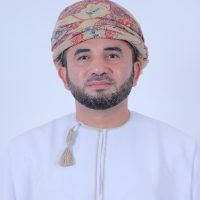
Dr. Majid Al-Jahdhami
Head of Marine Engineering Department
Military Technological College (MTC), Oman
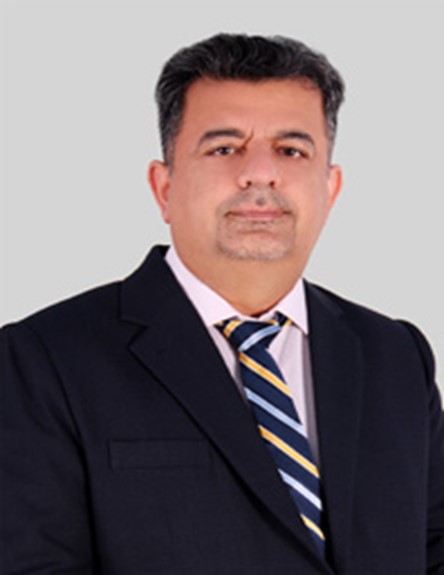
Dr. Zia Nadir
Associate Professor & Assistant HoD Sultan Qaboos University, Muscat, Oman
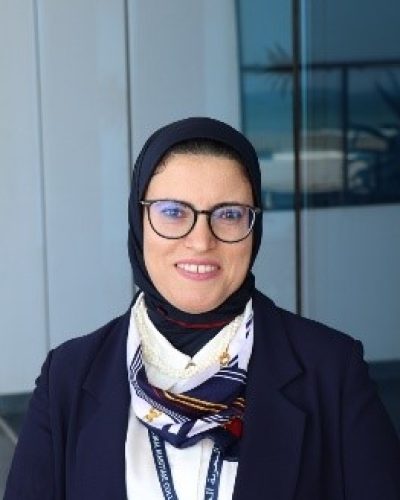
Prof. Dr. Nourhan Ghoneim
Professor at International Maritime College Oman, National University of Science and Technology

Dr. Muhammad Zunnoorain Farooqui
The Space & Upper Atmosphere Research Commission(SUPARCO), Pakistan

Dr. Saddaf Rubab
University of Sharja, UAE Artificial Intelligence, Deep Learning, Predictive Analysis, Cloud Computing

Prof. Dr. ANTONIOS FATSIS
Department of Aerospace Science and Technology, National and Kapodistrian University of Athens, GREECE
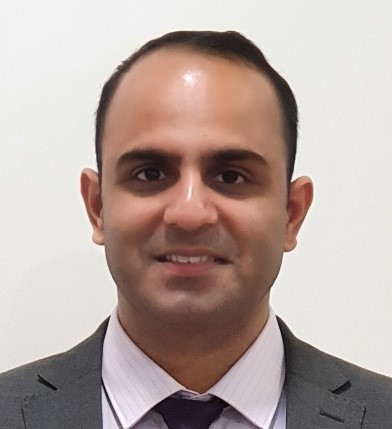
Dr. Mayank Anand
Bournemouth University, UK Advanced Materials, Tribology, Corrosion

Dr. Syed Muzahir Abbas
Macquarie University Australia and GME, Australia
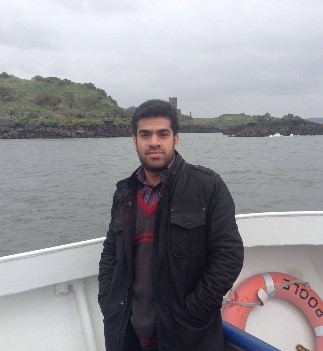
Dr. Furqan Shoukat
Associate Professor of Electrical Engineering at University of Engineering and Technology (UET), Taxila Pakistan

Dr. Raheel Muzzammel
The University of Lahore, Pakistan Machine Learning, Fault Diagnosis and Classification, Power System Protection
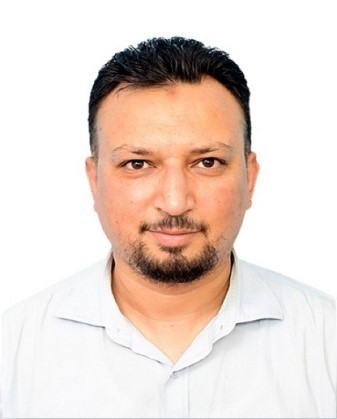
Dr. Muhammad Jawad
Associate Professor, National University of Sciences and Technology (NUST), Pakistan

Prof. Dr. Muhammad Mahabat Khan
Capital University of Science and Technology (CUST), Pakistan

Prof. Dr. Nosherwan Shoaib
Associate Professor and HOD Department of RF & Microwave (RF&M-EE), School of Electrical Engineering and Computer Science, NUST Islamabad, Pakistan
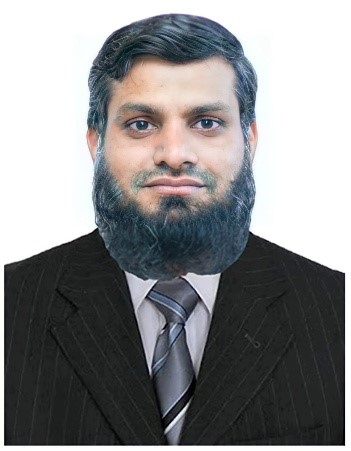
Dr. Akhter Rasool
University of Botswana, Botswana

Dr. Mikail Erdem
King Abdullah University of Science and Technology (KAUST), KSA
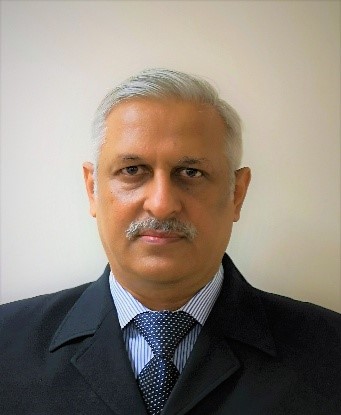
Engr. Asim Murtaza
Marine Engineering Department
Military Technological College (MTC), Oman

Dr. Shameem Basheer Mohammed
Marine Engineering Department
Military Technological College (MTC), Oman

Dr. Liaquat Ali Khan
Marine Engineering Department
Military Technological College (MTC), Oman

Dr. Ahmed Muhammad Raisuddin
Marine Engineering Department
Military Technological College (MTC), Oman

Mr. Muhammad Bilal
Marine Engineering Department
Military Technological College (MTC), Oman

Dr. Haq Nawaz
Marine Engineering Department
Military Technological College (MTC), Oman

Dr. Shahzad Hassan
Marine Engineering Department
Military Technological College (MTC), Oman
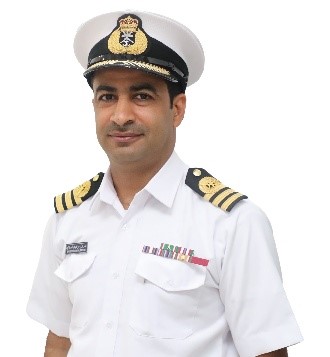
Engr. Badar Al Broomi
Marine Engineering Department
Military Technological College (MTC), Oman

Dr. Kamran Nazir
Marine Engineering Department
Military Technological College (MTC), Oman

Engr. Yousuf Pasha
Marine Engineering Department
Military Technological College (MTC), Oman
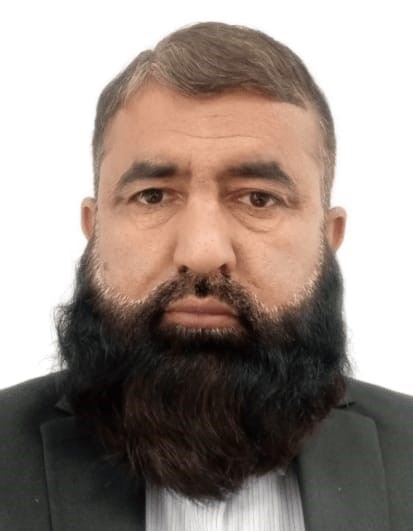
Dr. Faisal Masood
Marine Engineering Department
Military Technological College (MTC), Oman

Dr. Jorge Alberto Jasnau Caeiro
Marine Engineering Department
Military Technological College (MTC), Oman

Dr. Georgios Katsoulis
Marine Engineering Department
Military Technological College (MTC), Oman
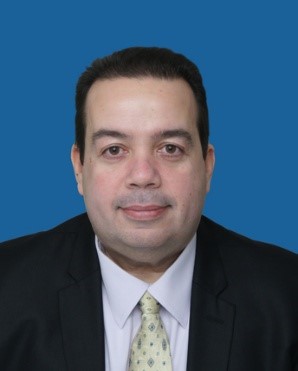
Engr. Dimitrios Xifaras
Marine Engineering Department
Military Technological College (MTC), Oman
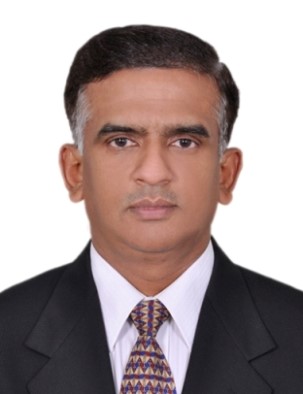
Engr. Venugopalan Patinharapat
Marine Engineering Department
Military Technological College (MTC), Oman
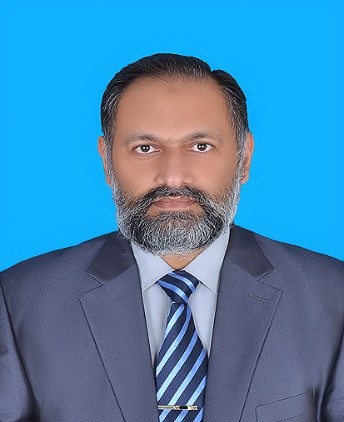
Engr. Mateen Ahmad Khan
Marine Engineering Department
Military Technological College (MTC), Oman
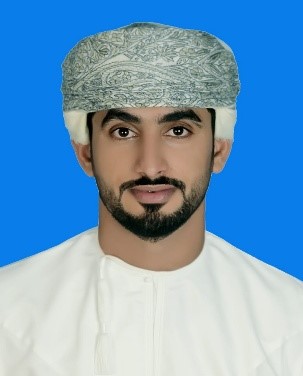
Engr. Khalid Salim Mohammed Al Rushadi
Marine Engineering Department
Military Technological College (MTC), Oman
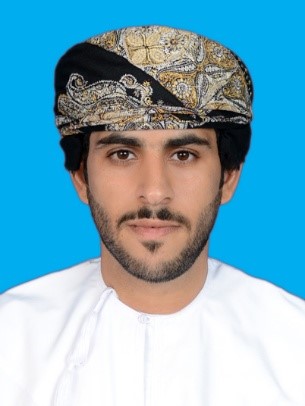
Engr.Salim Nasser Salim Al Nairi
Marine Engineering Department
Military Technological College (MTC), Oman
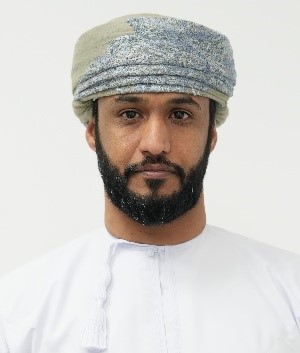
Engr. Yaqoob Said Saayid Al Nasiri
Marine Engineering Department
Military Technological College (MTC), Oman
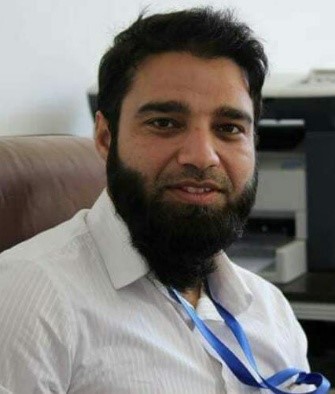
Dr. Ishityaq Shafi Rafiqi
Marine Engineering Department
Military Technological College (MTC),
Oman

Prof. Dr. Syed Abdul Rahman Kashif
Professor at Department of Electrical Engineering, Main Campus
University of Engineering and Technology (UET)
Lahore, Pakistan

Prof. Dr. Farhan Mahmood
Professor at Department of Electrical Engineering, Main Campus
University of Engineering and Technology (UET)
Lahore, Pakistan

Dr. Hafiz Muhammad Khurram Ali
Associate Professor at Department of Industrial Engineering
University of Engineering and Technology (UET)
Taxila, Pakistan

Dr. Muhammad Salman Fakhar
Assistant Professor at Department of Electrical Engineering, Main Campus
University of Engineering and Technology (UET)
Lahore, Pakistan
International Advisory Committee

Prof. Dr. Ibrahim Tekin
Professor in Electronics Engineering, Faculty of Engineering and Natural Sciences(FENS), Sabanci University, Istanbul, Turkey

Prof. Dr. Qammar Abbasi
Professor at School of Engineering, University of Glasgow Applied Electromagnetics and Sensing

Dr. Mujeeb Ahmed
Senior Lecturer in Computing at Newcastle University UK

Prof. Dr. Nosherwan Shoaib
Professor and HOD Department of RF & Microwave (RF&M-EE), School of Electrical Engineering and Computer Science, NUST Islamabad, Pakistan

Dr GAN, Theng Huat
Senior Research Scientist, Temasek Labs, National University of Singapore
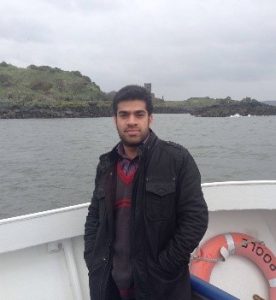
Dr. Furqan Shoukat
Associate Professor of Electrical Engineering at University of Engineering and Technology (UET), Taxila Pakistan
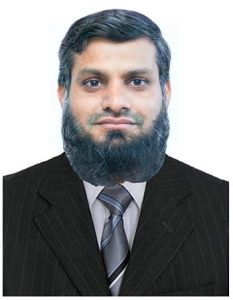
Dr. Akhter Rasool
University of Botswana, Botswana

Dr. Mikail Erdem
King Abdullah University of Science and Technology (KAUST), KSA

Dr. Mubasher Hussain
Principal Hydrologist at Stantec UK Limited

Dr. Syed Muzahir Abbas
Macquarie University Australia and GME, Australia

Dr. Ahsan Tahir
Associate Professor at Department of Electrical Engineering, Main Campus UET Lahore

Dr Mubbashar Mehmood
Assistant Professor - Mechanical Engineering at Heriot-Watt University (HWU), UK

Shermeen Adnan
Assistant Professor - International Islamic University, Pakistan

Dr. Muhammad Abdul Basit
Associate Professor at Department of Telecommunication Engineering, (UET), Taxila, Pakistan

Prof. Dr. Syed Abdul Rahman Kashif
Professor at Department of Electrical Engineering, Main Campus University of Engineering and Technology (UET) Lahore, Pakistan

Prof. Dr. Farhan Mahmood
Professor at Department of Electrical Engineering, Main Campus University of Engineering and Technology (UET) Lahore, Pakistan

Dr. Hafiz Muhammad Khurram Ali
Associate Professor at Department of Industrial Engineering University of Engineering and Technology (UET) Taxila, Pakistan

Dr. Muhammad Salman Fakhar
Assistant Professor at Department of Electrical Engineering, Main Campus University of Engineering and Technology (UET) Lahore, Pakistan
Keynote Speakers

Mr. Chris Goldsworthy
CEO Institute of Marine Engineering,
Science and Technology (IMarEST)
Oman

Prof. Dr. Junaid Qadir
Professor of Computer Engineering
Qatar University
Qatar

Engr. Khalil Al Hooti
Vice President Marine
Asyad Shipping
Invited Speakers

Prof. Dr. Nosherwan Shoaib
Professor and Head of Department of RF & Microwave (RF&M-EE)
Pakistan

Prof. Dr. Eng. Abdulnasir Hossen
Professor, Department of Electrical and Computer Engineering
Sultan Qaboos University
Oman

Prof. Dr. Capt. A. Tugsan Isiacik Colak
Head of Maritime Department
International Maritime College Oman

Prof. Dr. Nourhan Ghoneim
Associate Professor at International Maritime College
Oman
